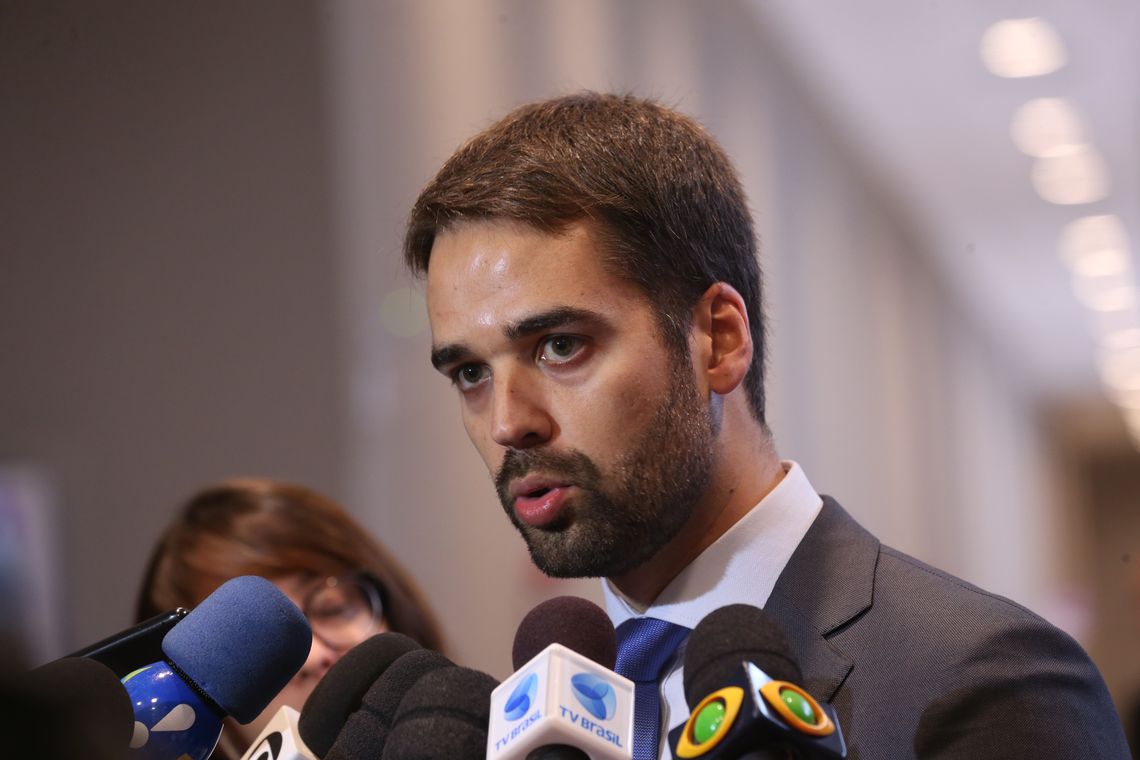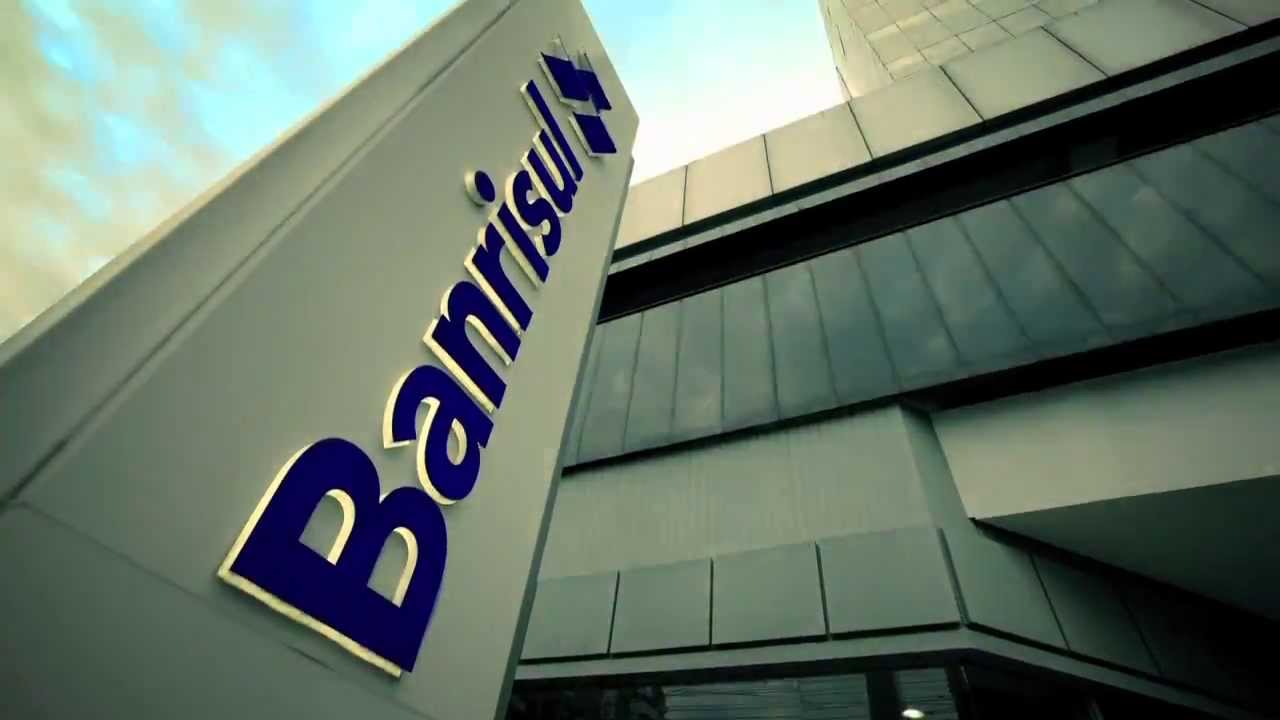By Xiu Ying
RIO DE JANEIRO, BRAZIL – The governor of Rio Grande do Sul (RS), Eduardo Leite (PSDB), decided to reverse the budgetary practices that characterized a decade of fiscal crisis in the state, and is about to introduce an ambitious plan to review government workers entitlements, cut tax incentives granted to companies, and reform the state pension plan.

For the first time since 2007, the state budget has been sent to the Legislative Assembly, showing a projected deficit. For the last 12 years, the state budgets always projected positive results, which allowed increased spending, but the annual results always ended in the red.
The “budgetary realism” will pave the way for the state to eventually obtain a financial bailout from the Federal Government and adhere to the financial recovery plan with the Brazilian National Treasury.
The disclosure of accounts has removed other powers from their comfort zone. In practice, the state judiciary and legislature were virtually frozen, being unable to grant readjustments next year, over the sixteen percent reported in 2019.
Today, the state has an annual projected structural deficit of R$4.3 billion (US$1.1 billion). Should it enter the Treasury’s recovery system, it will have to eliminate the deficit within six years. This perspective takes into account an adjustment of about R$30 billion until that time. In return, the state has the payment of its federal debt suspended and further borrowings will be authorized.
The tiresome fiscal crisis caused an agreement to be drafted seeking approval of an amendment which removes from the State Constitution the obligation to hold a popular referendum before the privatization of the state-owned electric energy, mining and gas companies. It is expected that these companies will be sold within twelve and eighteen months.
With the help of the Federal Government, the State will be able to receive an advance on the proceeds of the sale by obtaining a loan to be guaranteed by the Treasury, which is currently not possible.
Government officials say Rio Grande do Sul is even capable of exiting the fiscal recovery plan within three years if it sells Banrisul, the state-owned bank.

Banrisul
“Banrisul will not be sold,” says the governor, “that is a campaign pledge.” However, the bank’s shares can be sold without the loss of control. He evaluates that selling Banrisul would replenish its cash flow by R$10 billion, but it would not solve the crisis.
The State surrenders approximately R$8 billion in revenues per year through the concession of tax benefits. Like other states, the government has historically been generous in granting waivers to companies to attract investments, including General Motors.
The main challenge in the short term is insufficient revenue of R$1.5 billion in the budget and the remaining R$4.4 billion in expenses to be disbursed. The state is also responsible for R$5 billion in debt installments to the federal government that have not been repaid.
A Federal Supreme Court injunction has suspended the payment of monthly installments, which has provided relief to the government, thus keeping the payroll on schedule.
The government also intends to extinguish a state-owned company that manages toll roads. According to Leite, 750 kilometers will be granted to the private sector. He also intends to offer a waterway concession to the private sector.
Through privatizations, the sale of Banrisul shares and concessions, the State intends to raise between R$7 billion and R$8 billion.
The Secretary of Finance of Rio Grande do Sul, Marco Aurélio Santos Cardoso, explains that the state is working on several fronts because there is nothing that solves the crisis on its own.

